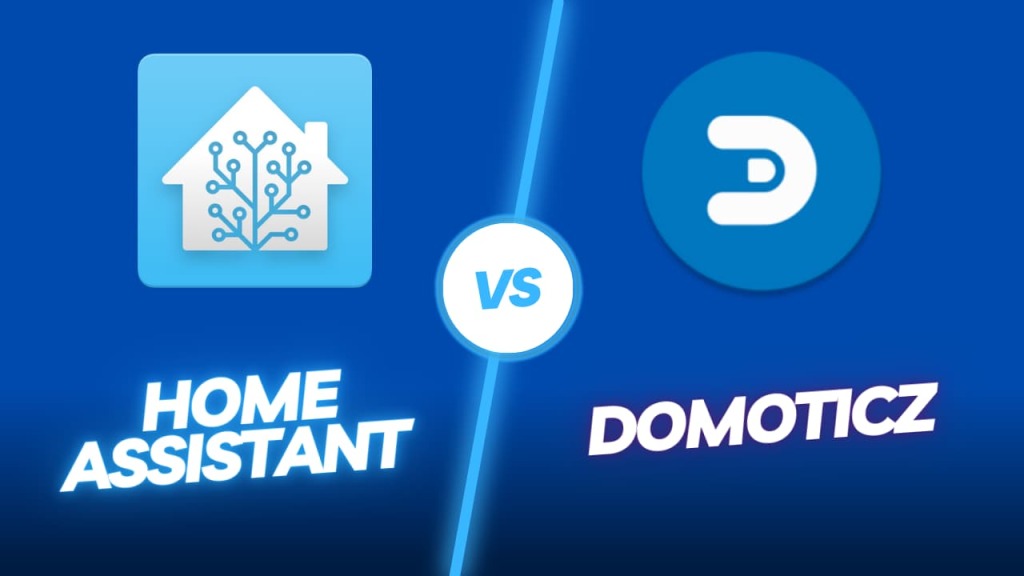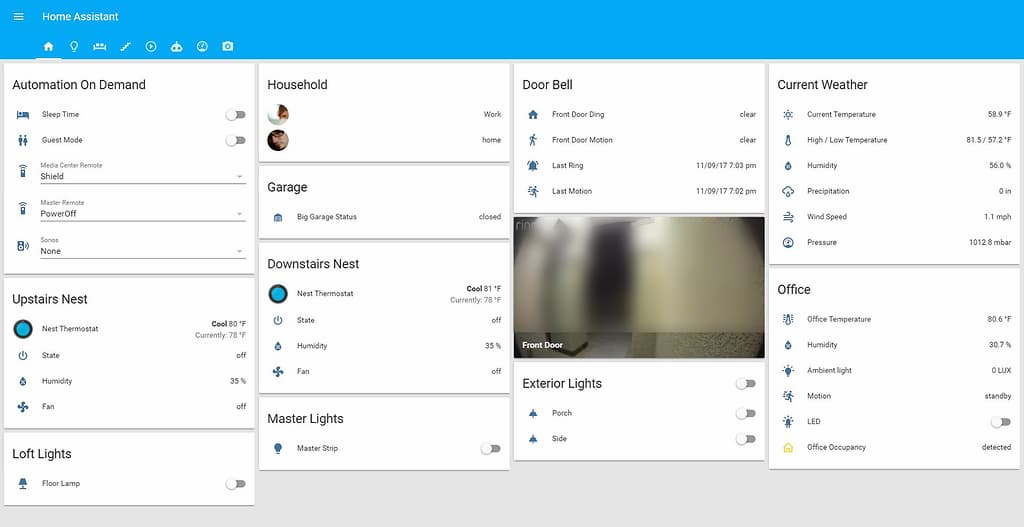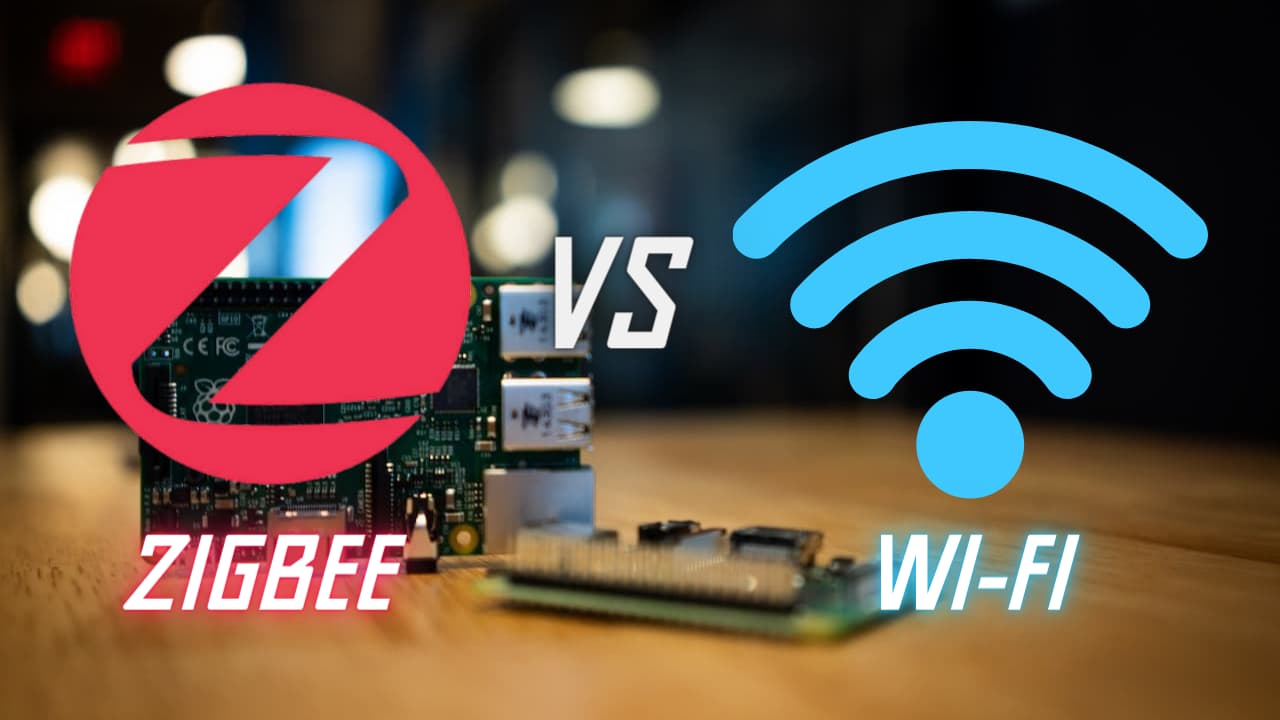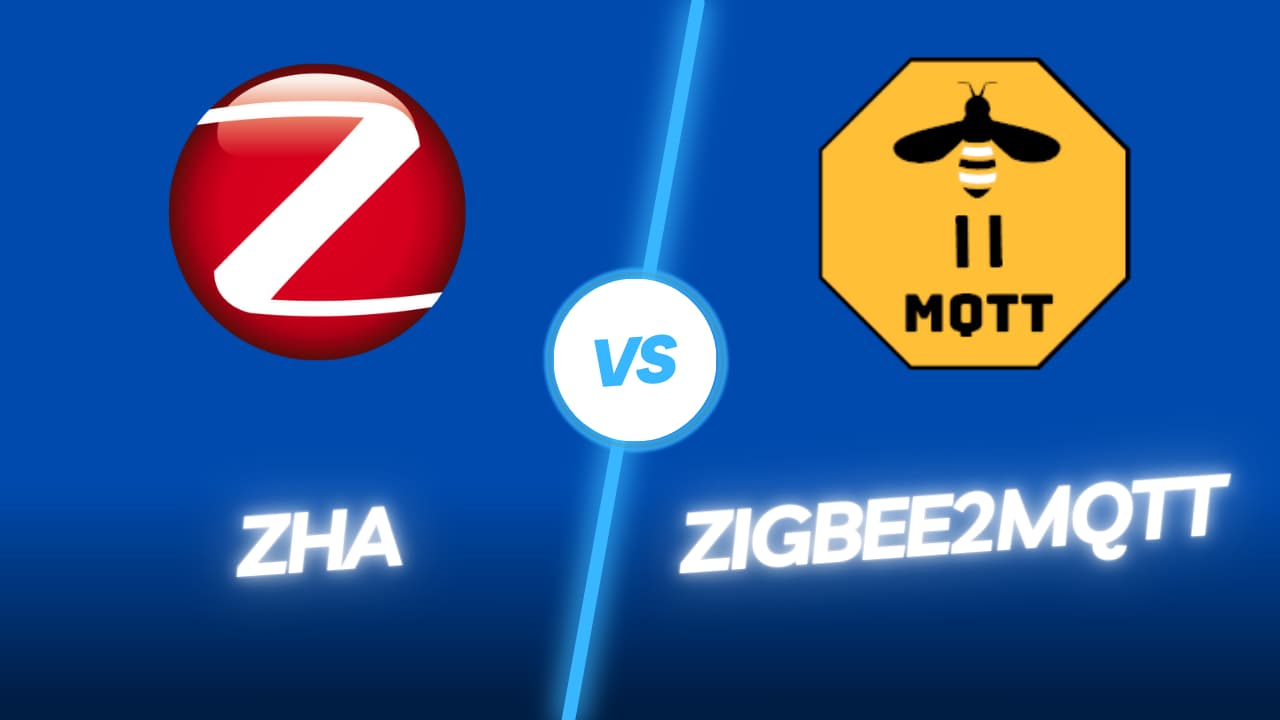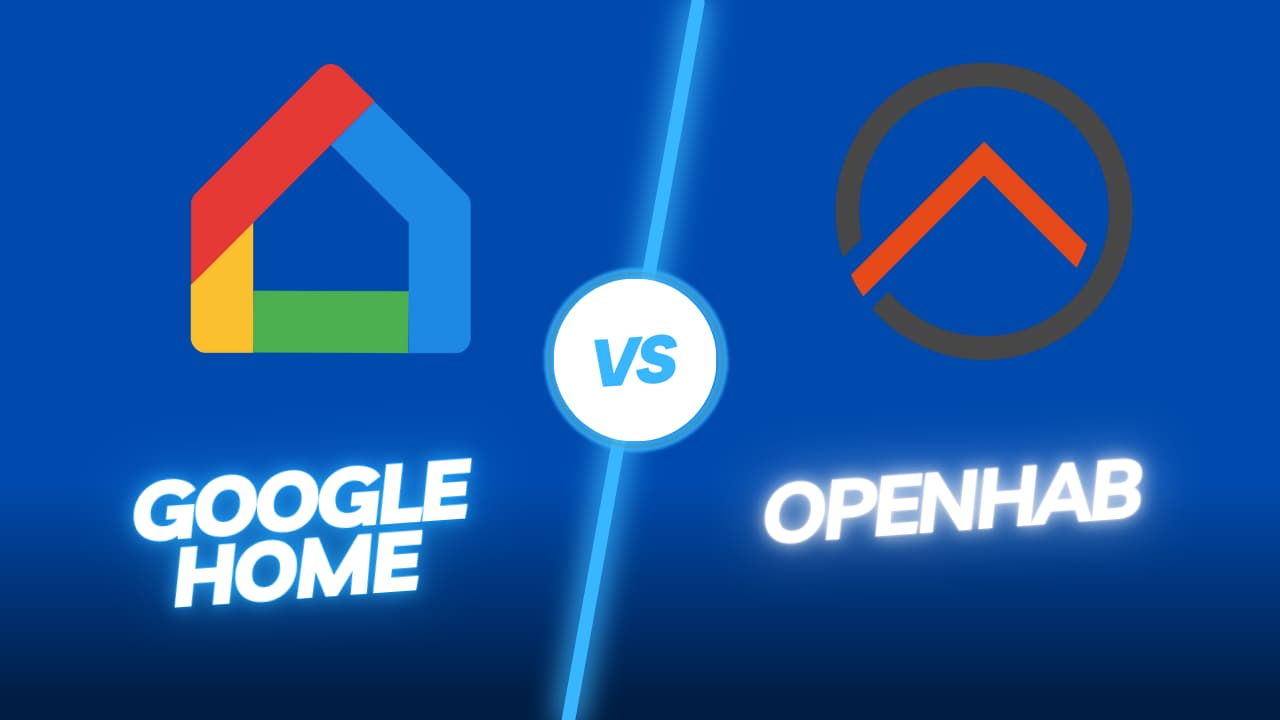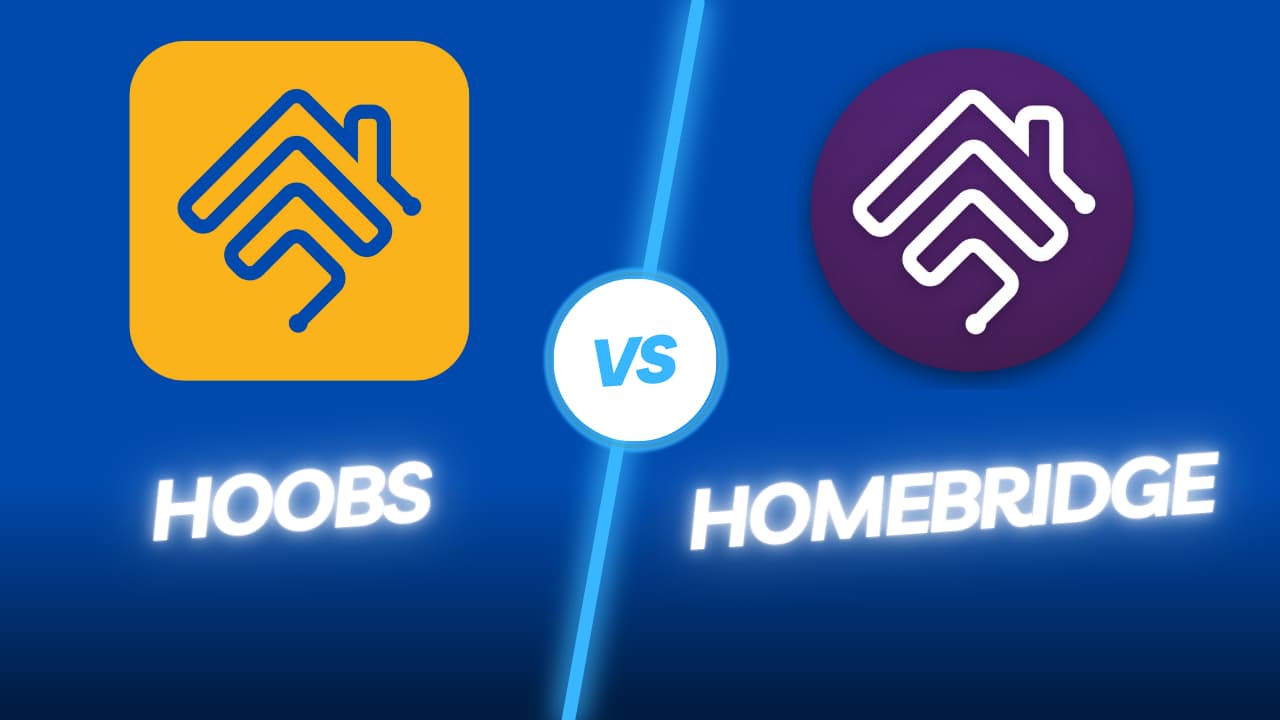Home automation has become increasingly popular, and there are several platforms available to control and manage smart homes. Two prominent contenders in this space are Home Assistant and Domoticz.
Both platforms offer robust features and capabilities to control your smart devices, but they differ in certain aspects.
In this article, I will compare Home Assistant vs Domoticz, highlighting the strengths and helping you make an informed decision about which one suits your needs best.
Table of Contents
Features and Capabilities of Home Assistant
Home Assistant is an open-source home automation platform that provides many features and capabilities. Here are some key aspects that make it a popular choice among smart home enthusiasts:
Easy Installation and Setup
Home Assistant can be installed on various platforms, including Raspberry Pi, Linux, Windows, and macOS.
The installation process is well-documented and straightforward, making it accessible even for beginners.
Additionally, Home Assistant offers a user-friendly web interface for configuration and management.
Wide Range of Supported Devices
One of the significant advantages of Home Assistant is its extensive compatibility with smart devices from various manufacturers.
Whether you have smart lights, thermostats, security cameras, or other devices, Home Assistant likely has integration support for them.
This wide device support allows you to create a comprehensive smart home ecosystem without being limited by specific brands or protocols.
Customizable Automation and Scripting
Home Assistant excels in its automation capabilities, allowing you to create complex routines and scenarios for your smart devices.
With the help of its built-in automation editor or YAML configuration files, you can define triggers, conditions, and actions to automate tasks based on specific events or schedules. This level of customization gives you full control over your smart home automation.
User-Friendly Interface and Mobile App
Home Assistant offers a visually appealing and user-friendly interface that makes it easy to control and monitor your smart home devices.
The mobile app provides remote access to your smart home, allowing you to manage and interact with your devices while on the go. The intuitive design ensures a smooth user experience, making it convenient for both beginners and advanced users.
Features and Capabilities of Domoticz
Domoticz supports a wide range of protocols and devices, making it a versatile platform for controlling your smart home. It can communicate with devices using protocols such as Z-Wave, Zigbee, MQTT, and more.
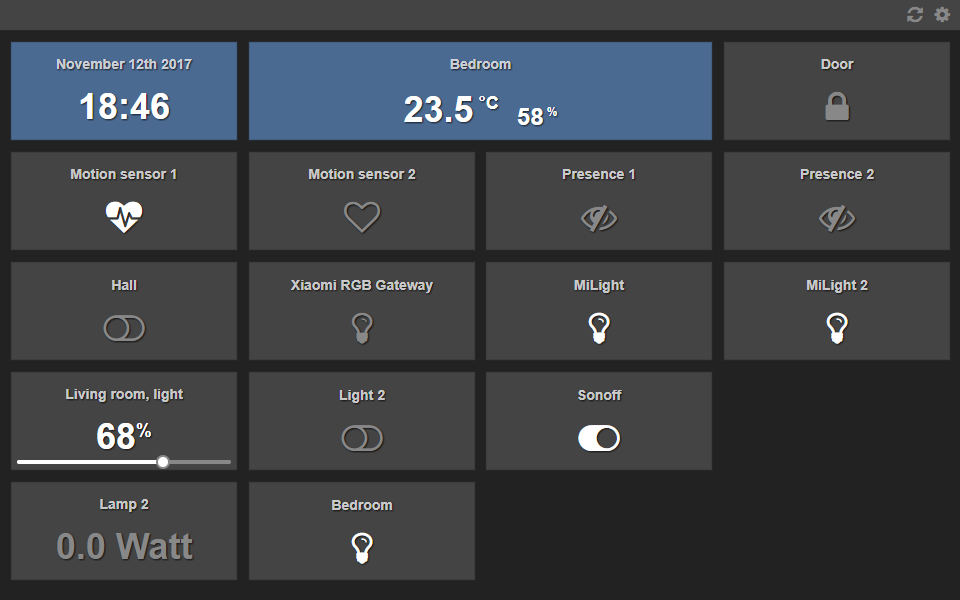
This broad compatibility ensures that you can connect and manage devices from various manufacturers without any compatibility issues.
Extensive Plugin and Customization Options
Domoticz offers a rich collection of plugins and extensions, allowing you to extend its functionality according to your specific needs. These plugins enable integration with additional devices, services, and platforms, enhancing the overall capabilities of your smart home setup.
Moreover, Domoticz provides a scripting engine that allows you to create custom scripts and automation rules, giving you flexibility in tailoring your smart home experience.
Comparison of Home Assistant vs Domoticz
Now that we have explored the features and capabilities of both Home Assistant and Domoticz, let’s compare them based on several key aspects:
Ease of Use and Setup
Home Assistant provides a more user-friendly and intuitive interface for configuration and management, making it easier for beginners to get started.
On the other hand, Domoticz offers a simpler and lightweight setup, which can be advantageous for users with limited technical knowledge or those seeking a streamlined experience.
Device Compatibility and Integration
Both Home Assistant and Domoticz offer extensive device compatibility, but Home Assistant tends to have broader support for a wider range of devices and manufacturers.
If you have specific devices from different brands, Home Assistant may offer a more seamless integration experience.
Automation and Scripting Capabilities
Both platforms provide robust automation and scripting capabilities, allowing you to create complex routines and scenarios.
Home Assistant offers a more user-friendly automation editor, while Domoticz provides a scripting engine for customization. The choice depends on your preference for graphical interfaces or scripting flexibility.
Community Support and Development
Both Home Assistant and Domoticz have active communities of users and developers. Home Assistant has a larger community and a more extensive ecosystem of integrations and plugins.
However, Domoticz also benefits from a dedicated user base and ongoing development efforts, ensuring regular updates and improvements.
Pros and Cons of Home Assistant
Let’s now take a closer look at the pros and cons of using Home Assistant:
Pros of Home Assistant
- User-friendly interface and easy setup
- Extensive device compatibility
- Customizable automation and scripting options
- Active community and frequent updates
Cons of Home Assistant
- A steeper learning curve for advanced customization
- Requires more system resources compared to lightweight alternatives
Pros and Cons of Domoticz
Next, I’ll examine the pros and cons of using Domoticz:
Pros of Domoticz
- Lightweight and efficient, suitable for low-powered devices
- Support for various protocols and devices
- Extensive plugin and customization options
- Stable and reliable performance
Cons of Domoticz
- Less intuitive interface compared to Home Assistant
- Smaller community and fewer integrations/plugins available
Choosing the Right Smart Home Platform
Choosing between Home Assistant and Domoticz ultimately depends on your specific needs and preferences. If you value ease of use, a wide range of device compatibility, and a large community for support, Home Assistant might be the better choice.
On the other hand, if you prefer a lightweight and efficient platform with extensive customization options, Domoticz could be the right fit for you.
Consider evaluating your requirements, exploring the features of each platform, and even experimenting with both to see which one aligns better with your smart home goals.
More comparisons
Check out these articles also comparing Home Assistant with other platforms
Conclusion
When looking at Home Assistant vs Domoticz, both are powerful home automation platforms that offer distinct features and advantages.
While Home Assistant provides a more user-friendly interface, extensive device compatibility, and a larger community, Domoticz stands out for its lightweight nature, various protocol support, and customization options.
Ultimately, the choice between Home Assistant and Domoticz depends on your personal preferences, technical expertise, and the specific requirements of your smart home setup. Take the time to evaluate their features, experiment with them, and consider your long-term goals to make an informed decision.
FAQs
Can Home Assistant and Domoticz work together?
Home Assistant and Domoticz are separate platforms, but it is possible to integrate them using certain methods. However, it may require additional configuration and technical expertise.
Is Home Assistant more suitable for beginners?
Yes, Home Assistant offers a more user-friendly interface and easier setup process compared to Domoticz, making it a popular choice for beginners in the smart home automation space.
Can I control my smart home remotely with Domoticz?
Yes, Domoticz provides remote access options, allowing you to control your smart home devices from anywhere using the Domoticz mobile app or through a web interface.
Which platform offers better plugin support?
Home Assistant has a larger ecosystem of plugins and integrations when compared to Domoticz, providing a wider range of options for extending its functionality.
Can I migrate from Domoticz to Home Assistant easily?
While migration between platforms can be complex, there are guides and tools available to assist in migrating from Domoticz to Home Assistant. However, it may require reconfiguring devices and automation rules.
